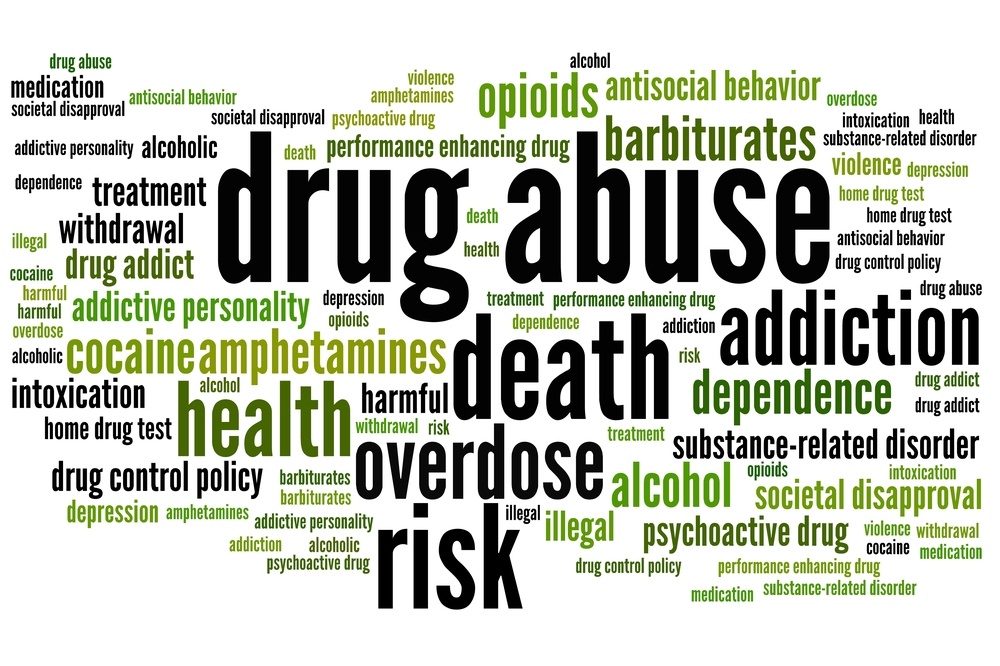TOPEKA – A task force established in March by a Governor’s Executive Order, has finalized and submitted a list of recommendations to address substance use, including opioid addiction. The recommendations were submitted to Governor Jeff Colyer ahead of the Sept. 1 deadline.
“I appreciate the time, effort and expertise the task force members brought to this important initiative,” Governor Colyer said. “The recommendations I have reviewed are clearly well thought out, thoroughly discussed and considered, and will be used going forward to shape discussions on substance use in Kansas.”
The Governor’s Task Force to Address Substance Use Disorders was led by Dr. Greg Lakin, State Medical Officer, Kansas Department of Health and Environment (KDHE). Membership on the task force included medical professionals, Cabinet-level Secretaries and various stakeholders.
“We each have a desire and duty to promote the health and well-being of Kansans, particularly those affected by addiction. I am thankful to be part of such an important task force, involving this urgent cause,” Dr. Lakin said. “The members all worked well collectively, putting together high-impact recommendations. I also appreciate the great work of the Opiate Prescription Abuse committee that contributed to the discussion.”
To address substance use issues across the state, the group was tasked with, among other things, to utilize existing resources to identify best practices and offer recommendations for a statewide response to the opioid crisis. The group focused on five specific areas: provider education; prevention; treatment and recovery; law enforcement; and Neonatal Abstinence Syndrome.
The task force received testimony from 86 individuals and organizations as it conducted its work, which involved regular meetings between April and August, at the Kansas Health Institute, Topeka.
Among the recommendations within Treatment and Recovery is Needs Assessment. The task force suggests a statewide needs assessment be conducted to identify gaps in funding, access to substance use disorder (SUD) treatment providers and identify specific policies to effectively utilize and integrate existing SUD treatment resources.
Within Prevention, Community Collaboration is recommended by increasing collaboration with community partners to
enhance their capacity to develop and implement local-level prevention efforts for prescription drug, illicit opioid, methamphetamine and other drug misuse and overdose.
A complete list of the recommendations can be found on the KDHE website. For more information about substance use in Kansas, visithttps://www.preventoverdoseks.org/.
As has been previously reported, the vote to recommend Medicaid expansion was not unanimous. A breakdown of how each task member voted on this issue, can be found beginning on page 39.

